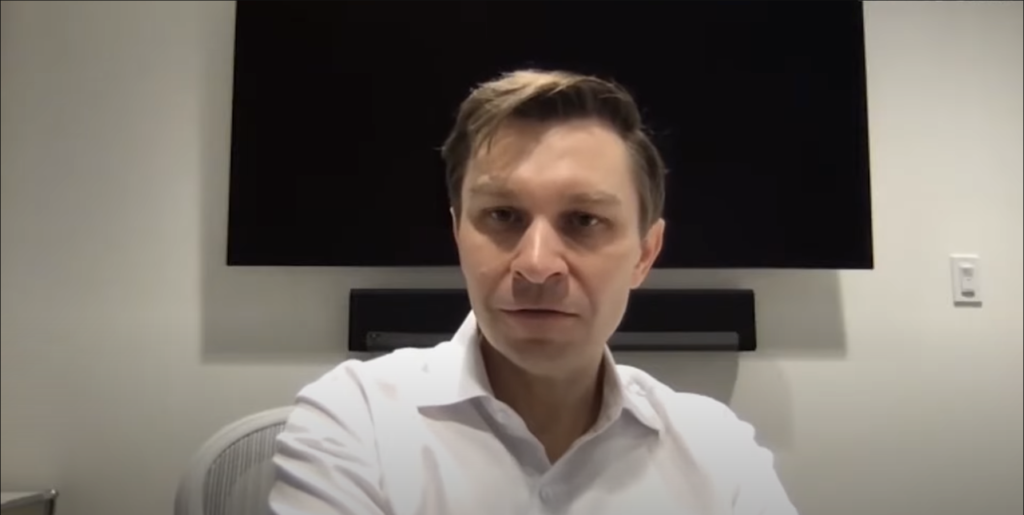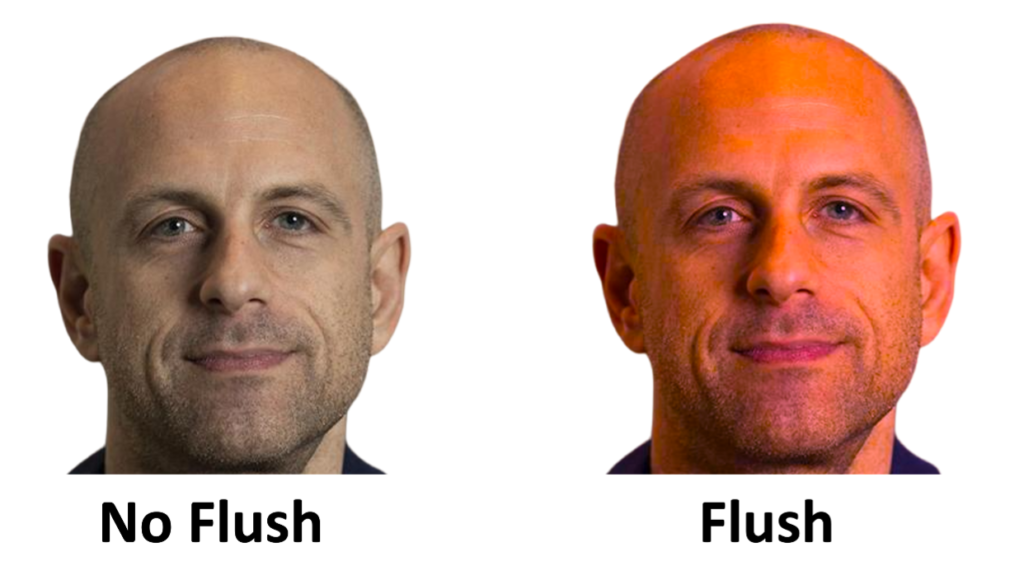Nicotinic Acid vs. NMN: Impact on NAD+ Levels and Epigenetic Age Acceleration
Dr. Michael Lustgarten finds that 600 mg of nicotinic acid raises his NAD+ levels just as much as 2 g of NMN, and you can try it too.
Highlights:
- Nicotinic acid increased Lustgarten’s blood NAD+ to about the same level as NMN but required a little more than 1/4th the dose.
- Nicotinic acid seems to have accelerated Lustgarten’s rate of aging.
- At-home testing kits for measuring NAD+ levels and aging rates are available to anyone who can spare around $500.
A 600 mg dose of nicotinic acid increased Dr. Lustgarten’s NAD+ levels to 67.4 µM, whereas 2 g of NMN increased his NAD+ levels to 61.0 µM, according to his NMN vs Nicotinic Acid: Which Is Better For Increasing NAD? video. This means that nicotinic acid raised Lustgarten’s NAD+ levels to about the same level as NMN but with a fraction of the dose.
Could these results apply to everyone? Popular NMN researcher David Sinclair, Ph.D., has said that niacin — the natural form of synthetically derived nicotinic acid — “won’t raise NAD+ levels the way some of these other molecules do.” While it is unclear which molecules the Harvard professor is speaking of, one of them appears to be NMN.

From this video clip, Sinclair seems confident that niacin does not raise NAD+ levels as much as NMN. Other longevity researchers, however, declare that more studies are needed. In a 2020 publication by Eduardo Nunes Chini, M.D., Ph.D., the Mayo Clinic scientist said,
“Whether oral administration of NR or NMN is indeed superior to nicotinamide or niacin in vivo has not been systematically approached, and such studies are urgently needed.”
In other words, the effects of NMN compared to nicotinic acid or niacin have not been thoroughly tested in living organisms. Like Sinclair, Dr. Chini has some authority on the subject, known for his research on the CD38 enzyme, which may contribute to declining NAD+ levels with age.
Notably, like Dr. Lusgarten, millionaire longevity enthusiast Bryan Johnson has tested NMN against another NAD+ precursor, except this time nicotinamide riboside (NR). Using the same method as Lusgarten, Johnson found that both NMN and NR raised his NAD+ levels equally after 30 days.
Overall, there seems to be little firm scientific evidence refuting the idea that nicotinic acid raises NAD+ levels more than NMN in humans. Still, there is no strong scientific evidence supporting this idea either. However, nicotinic acid has its downsides.
Nicotinic Acid Downsides
Lustgarten reveals that nicotinic acid may have blocked him from aging slowly. Within the longevity space, aging slowly entails someone’s biological age — age based on biological markers — being lower than their actual age. In this case, Lustgarten assessed his biological age by measuring what is called epigenetic age.
Before taking nicotinic acid, Lustgarten’s average aging rate was 0.80, meaning he was aging at a rate of 0.8 years per year, about 20% slower than normal. However, after taking nicotinic acid, his rate of epigenetic aging increased to 0.98, which is like aging normally (a rate of about 1 year per year).
This could be a major downside to nicotinic acid considering that, for many, the purpose of NAD+ precursor supplementation is to slow aging. In a more recent video, Lustgarten revealed that his epigenetic aging rate was 0.74 after taking NMN, suggesting that epigenetic age acceleration is specific to nicotinic acid.

Another downside to nicotinic acid is that it is known to cause flushing. While there are now non-flush nicotinic acid supplements on the market, it is unclear whether they raise NAD+ levels to the same degree as regular nicotinic acid supplements.
Testing For Yourself
If you are interested in checking your own NAD+ levels, it is going to cost about $250 for a single test if going with that same home kit used by Lustgarten and Johnson. This involves squeezing a few drops of blood onto a card and shipping it to the Jinfiniti labs. Testing your epigenetic age with TruDiagnostic will cost about $230 and involves the same blood-mailing process.
Michael Lustgarten, Ph.D., is a scientist at Tufts University who researches the role of metabolites and the gut microbiome on muscle mass in older adults. His YouTube channel, Conquer Aging Or Die Trying! features videos related to the science of aging.

